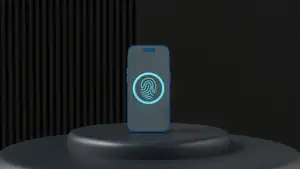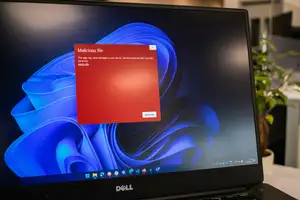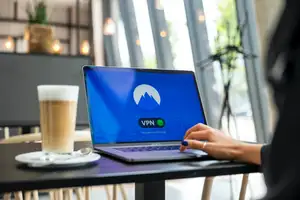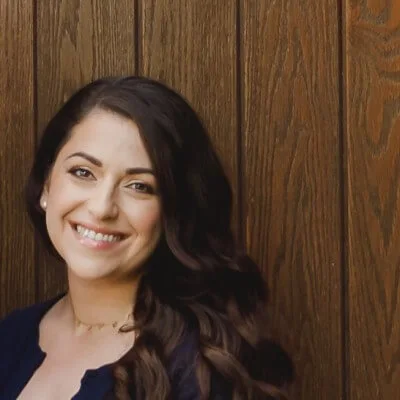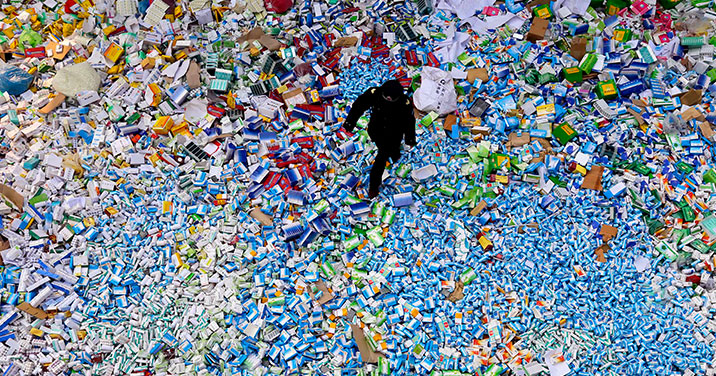
New Tech to Thwart the Spread of Fake Medications
Unless you happen to work in the medical or pharmaceutical fields you may not yet be aware of what has become a growing problem, that of fake medications. It goes without saying that fake medicines can and do have disastrous consequences in far too many cases. One of the more sizable examples of this sort of thing showed up in Labore, Pakistan in 2011-2012.
There, almost one thousand patients undergoing treatments at a government run cardiac hospital suddenly and without warning fell deathly ill. Ill as in bleeding from the mouth and plummeting white blood cell counts. In a few short weeks, more than 200 of these patients died. Later investigations revealed that the hospital had unknowingly administered a heart medication that turned out to be contaminated.
However, even before this tragedy made headline news around the world, Dr. Muhammed Zaman, a Pakistan born bioengineer was already hard at work to develop some sort of portable device to detect these illicit medications. Understandably, the tragedy in Pakistan served as an impetus for Zaman to continue his research on methods and technologies to detect fake or contaminated medicines.
The end result is a device that he named PharmaChk. Interestingly, the PharmaChk has the capability to determine just how much of the medication is actually there. Zaman himself had this to say: “…at some point, you need to test what’s inside the pill. You need to know exactly how much is there”.
Better yet, Zaman’s PharmaChk also has the capability to determine exactly how fast the drug’s active ingredient will dissolve and is released. That test is a good indicator of the efficacy of the medication.
For the record, the PharmaChk technology makes use of recent advances in microfluidics. In essence, that means that by using specific molecules, the PharmaChk can be targeted to specific medications.
In addition to all of the above, perhaps one of the more exciting features of the PharmaChk is that the results are available in as few as 15 minutes. Now add to that, the portability of the lightweight PharmaChk and you can see where this is headed.
All of that being said, do understand that the PharmaChk at this point is still in the development stage. Understandably, Zaman is clear that he wants the PharmaChk to be available commercially as soon as possible.
Bottom line: by the looks of it, the PharmaChk could be the answer to the growing issue of fake or contaminated medicines.

